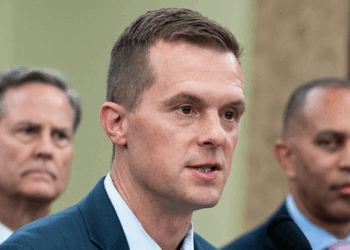For nearly half a century, U.N. peacekeepers have patrolled the volatile borderlands that separate Israel from southern Lebanon — a region long dominated by the Iran-backed militant group Hezbollah.
Now, the future of that peacekeeping force is in question.
After an all-out war between Israel and Hezbollah erupted last year, the United Nations is facing pressure to disband the U.N. Interim Force in Lebanon, known as UNIFIL. This week, the force’s annual mandate is up for renewal.
Relations between Israel and UNIFIL have long been tense, with the United Nations accusing Israel of firing on its peacekeepers in Lebanon on numerous occasions and injuring dozens of them. With Hezbollah severely weakened, Israel says UNIFIL’s mission is obsolete.
Lebanese and European officials warn, however, that a withdrawal could imperil the already fragile cease-fire that has been in place between Israel and Hezbollah since November.
“The situation is still fragile,” Brig. Gen. Nicola Mandolesi, a senior UNIFIL commander, said during a recent patrol of border area in southern Lebanon, where towns and villages have been reduced to rubble.
About 10,000 U.N. peacekeepers are stationed in southern Lebanon as part of the mission established in 1978 during the Lebanese civil war. Over the past few decades, it has operated as a buffer between Israel and Hezbollah, the Iran-backed militant group that dominated southern Lebanon.
Thank you for your patience while we verify access. If you are in Reader mode please exit and log into your Times account, or subscribe for all of The Times.
Thank you for your patience while we verify access.
Already a subscriber? Log in.
Want all of The Times? Subscribe.
The post In Ghost Towns of South Lebanon, U.N. Peacekeepers Face Uncertain Future appeared first on New York Times.




